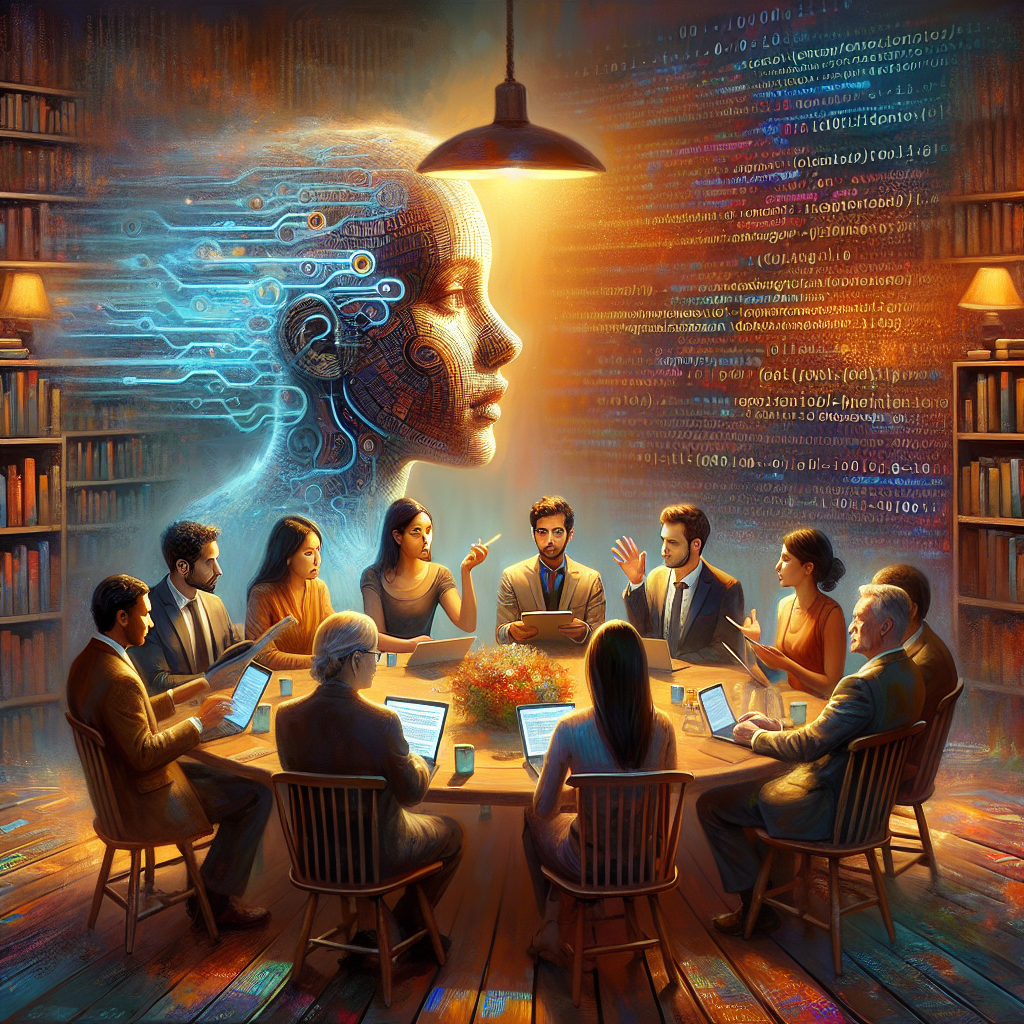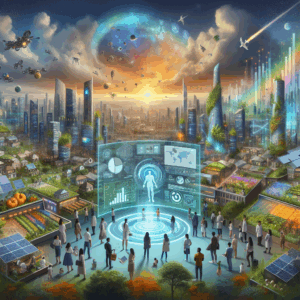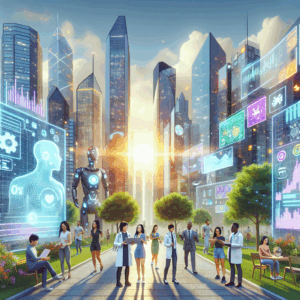AI’s Role in Creating Controversial Content and Addressing Ethics in Technology
Introduction
Artificial intelligence (AI) has permeated nearly every aspect of modern life, and its capability to generate content is expanding rapidly. What was once the domain of human creativity now includes AI-generated text, images, and videos that mimic and sometimes surpass human output. However, this newfound capability brings with it the potential for controversy. “Controversial content” in the context of AI refers to material created by AI systems that can spark debate, offend, misinform, or provoke societal divisions. Addressing the ethical considerations in technology is critical as AI’s role in content creation grows, ensuring that its potential for positive impact is realized without overshadowing its capacity for harm.
How AI Generates Controversial Content
AI algorithms, often built on machine learning and deep learning paradigms, harness vast amounts of data from diverse sources such as social media and user-generated content. These algorithms can generate text, art, and more through techniques like natural language processing (NLP) and generative adversarial networks (GANs). AI tools like GPT-3 have produced outputs ranging from insightful articles to perplexing nonsensical texts—highlighting AI’s potential for and susceptibility to controversy. By mimicking language patterns and styles, AI could unintentionally promote biased or offensive viewpoints, leading to public debates and ethical inquiries into the veracity and safety of AI-generated content.
Ethical Implications of AI Content Creation
AI’s involvement in generating content opens a Pandora’s box of ethical implications. One major issue is finding the balance between free speech and the generation of harmful content. Should AI tools be allowed to produce content freely, or should there be mechanisms in place to curb their excesses? The responsibility of developers and organizations overseeing these AI systems is paramount—oversight is essential to prevent misuse. However, these AI tools sometimes reflect and amplify biases present in their training data, leading to harmful stereotypes and misinformation being disseminated more broadly. Thus, they pose a risk not just to individual dignity but also to the wider societal harmony.
Examples of Controversial AI Content
AI-generated content has already led to several high-profile controversies. These incidents often involve the propagation of misinformation or generating divisive media. For example, AI systems have been observed creating text that manipulates public opinion or spreads false information. Such outputs have sparked public backlash and drawn attention to the roles and responsibilities of AI technologies. The media plays a critical role in shaping public perceptions about these issues, often highlighting the sensational over the mundane, thus influencing the broader discourse on AI.
Challenges in Regulating AI Content
Moderating AI-generated content poses significant challenges. The vast volume of content these systems can produce complicates efforts to pre-emptively flag or remove harmful outputs. A balance must be struck between encouraging technological innovation and imposing ethical constraints that ensure AI systems operate within acceptable limits. However, tech companies often resist stringent regulations, citing the need for autonomy in innovation. This tension between regulation and the autonomy of tech developers underscores the need for nuanced approaches to AI governance.
Possible Solutions and Best Practices
Developing solutions and best practices for ethical AI usage in content generation is imperative. Transparency and accountability should be cornerstones of AI system design. Techniques such as bias audits and algorithmic transparency can help. Encouraging close collaboration between technologists and ethicists can foster frameworks that preserve creative and innovative freedom while ensuring ethical standards are upheld. Educating users about the limitations and risks of AI-generated content is vital to building an informed public that can critically engage with this technology.
Future Outlook on AI and Ethics in Content Creation
As AI continues to evolve, its ability to reshape society will grow. Predictions for the future include the establishment of comprehensive regulatory frameworks and industry standards that keep pace with technological advancements. The shared responsibility of creators, users, and platforms in the ethical orientation of AI will be crucial. Ensuring that AI contributes positively to society while minimizing its risks and ethical dilemmas requires the commitment of all stakeholders.





